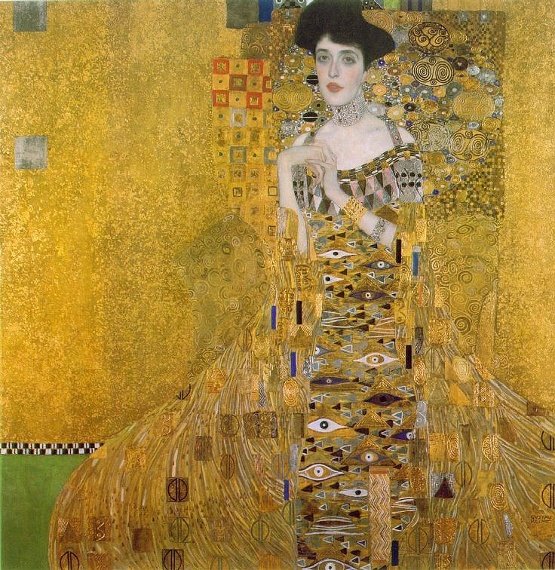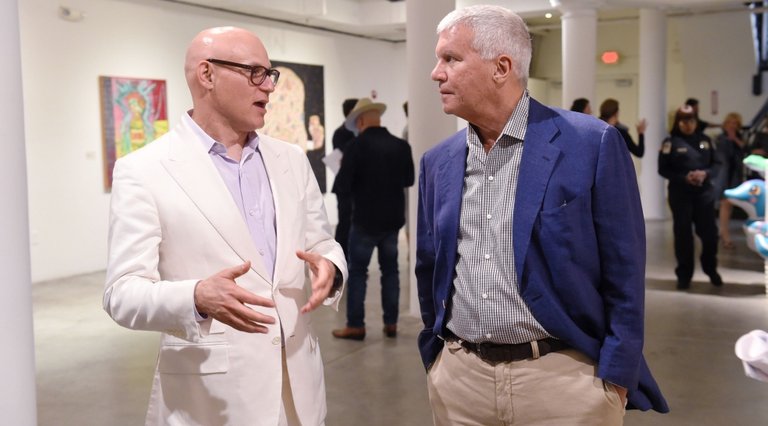
The art market offered a way to transform wealth into an alluring form of influence and power.
“It is not even cool to be a billionaire anymore—there are, like, two hundred of them,” as Loïc Gouzer, a specialist in contemporary art at Christie’s New York, put it.
“But, if that same guy buys a painting, suddenly it puts you in a whole circle…. They enter a whole circuit. You are going to meet artists, you are going to meet tech guys. It is the fastest way to become an international name.”
[....]

Art dealers and galleries in New York operated under their own restrictive code, and they wouldn’t deal with just anyone, no matter how much money he or she had.
You couldn’t simply walk into a gallery and write a check for a Monet to hang on your penthouse wall.
The gatekeepers of the art world understood that the exclusivity of their product depended on not allowing rich hedge fund managers from Greenwich to buy whatever they wanted.
It was a form of discrimination, in a sense, but it was also simple market economics: In order to generate demand, you needed to control the supply.
In response, Wall Street collectors needed to hire the right people to make the introductions that would move them to the front of the line.
from 'Black Edge' by Sheelah Kolhatkar
https://www.amazon.com/dp/B07593WWJR